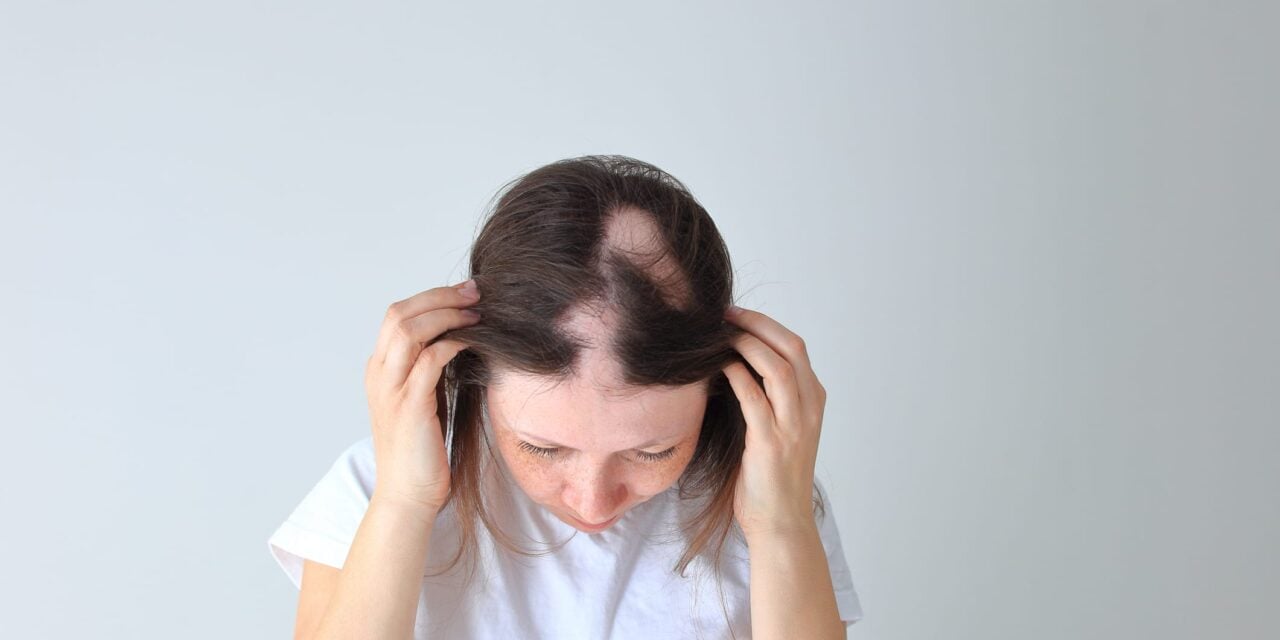The second pivotal study shows upadacitinib met its primary endpoint for scalp hair regrowth in patients with severe alopecia areata.
AbbVie has announced positive topline results from its second pivotal phase 3 study evaluating upadacitinib (RINVOQ) for the treatment of severe alopecia areata (AA) in adults and adolescents. The study met its primary endpoint, showing significant scalp hair regrowth at 24 weeks compared to placebo.
In the clinical trial, both the 15 mg and 30 mg once-daily doses of upadacitinib achieved the primary endpoint, defined as 80% or more scalp hair coverage. According to the results, 45.2% of patients treated with the 15 mg dose and 55% of patients treated with the 30 mg dose reached this endpoint, compared to 1.5% of patients who received a placebo. These findings are consistent with results from the first phase 3 study in the UP-AA clinical program.
“These positive results strengthen the growing body of evidence supporting the potential of upadacitinib to improve the lives of people with AA,” says Kori Wallace, MD, PhD, vice president, global head of immunology clinical development at AbbVie, in a release. “We look forward to submitting these data to regulatory bodies, bringing us one step closer to delivering upadacitinib to those living with this complex immune-mediated disease.”
Trial Endpoints and Safety Data
The study also met key secondary endpoints. At 24 weeks, 35.2% of patients in the 15 mg group and 45.8% in the 30 mg group achieved 90% or more scalp coverage, compared to 0.7% in the placebo group. The trial also demonstrated improvements in eyebrow and eyelash regrowth.
The safety profile of upadacitinib in the study was generally consistent with its profile in previously approved indications, and no new safety signals were identified. The most common treatment-emergent adverse events reported were upper respiratory tract infection, acne, increased blood creatine phosphokinase, and nasopharyngitis. Serious infections were reported infrequently.
“These encouraging results are consistent with and reinforce the outcomes observed in the first pivotal trial,” says Arash Mostaghimi, MD, MPA, MPH, associate professor of dermatology and vice chair of clinical trials and innovation, Brigham & Women’s Hospital, Harvard Medical School, in a release.
The use of upadacitinib for alopecia areata is not approved, and its safety and efficacy have not yet been evaluated by regulatory authorities.
ID 181935427 © Nadzeya Kolabava | Dreamstime.com



